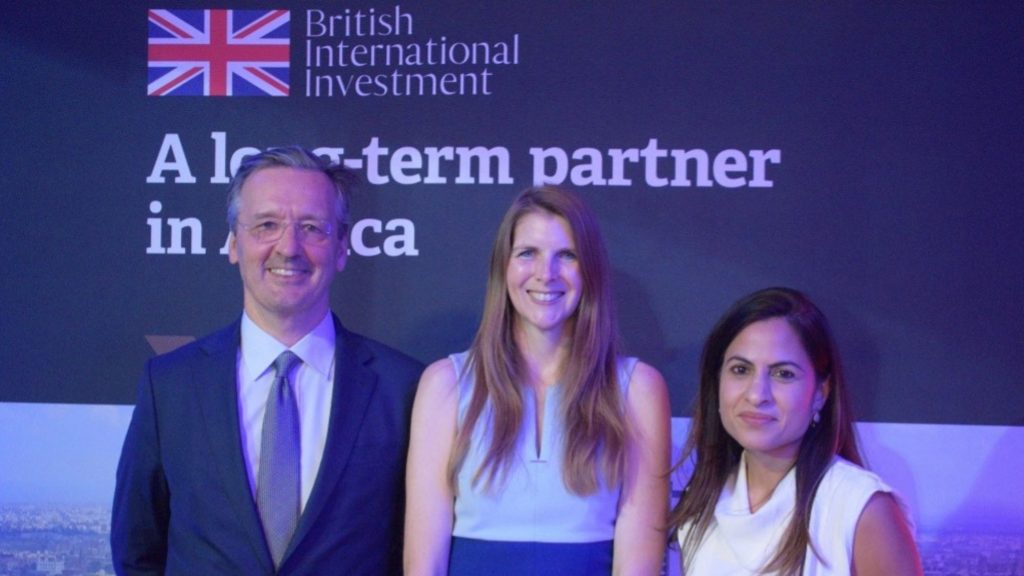The United Kingdom has availed financing worth $220 million to improve access to high-quality internet in Kenya. This, says British International Investment (BII) chief executive Nick O’Donohoe, is part of its drive to channel greater funding to, among others, help drive innovation and the digital economy.
O’Donohoe was speaking at a function in Nairobi to launch the rebranded Development Finance Institution (DFI) in Kenya. He joined British High Commissioner Jane Marriott at her Nairobi residence. In attendance were 150 guests, including business leaders and BII’s investment partners.
No ad to show here.
In his address, O’Donohoe, remarked on BII’s long history in Kenya, which dates to 1948. “Our history in Kenya shows our appetite to grow and shape markets,” he said. “We helped establish the Kenya Tea Development Authority in 1964, and we’ve continued to support the company’s growth to become the world’s third-largest exporter of tea and Kenya’s second-largest source of foreign exchange.”
Digital transformation
Besides the UK’s investment appetite for initiatives that will increase climate resilience and support a circular economy, O’Donohoe also stressed the importance of developing digital infrastructure.
“Going beyond this, BII will also back new technologies, … invest in the burgeoning digital economy, and support ambitious entrepreneurs who are creating solutions that can transform societies.”
To this extent, the BII said it would support digital transformation through a $220 million financing to Africa’s largest telecoms company, Liquid Telecom, which is improving access to high-quality internet.
“As we embark on this new chapter, we know the country will continue to hold an important place in our future and we look forward to working with all of you in the decades to come,” said O’Donohoe.
BII has an office in Kenya, which is headed by Seema Dhanani.
Today, BII has a portfolio of nearly GBP 500 million in Kenya, supporting 30 regional funds and more than 80 businesses, which in turn support over 36 000 jobs. Besides digital infrastructure, the DFI’s investments in Kenya, both direct and through various funds and intermediaries, cover a variety of sectors. This includes clean infrastructure and energy, food and agriculture, financial services, and logistics.
A highlight of its other key investments include:
- backing climate-eligible projects and supporting small businesses’ resilience and recovery from the Covid-19 pandemic with a $87 million total commitment to Equity Bank Kenya.
- improving crop yield and farmers’ income by investing US $100 million investment in ETG, which is helping to connect over 550 000 smallholder farmers in Africa to global markets.
READ MORE: Kenyan fintech tech startup secures funding to regionally expand
